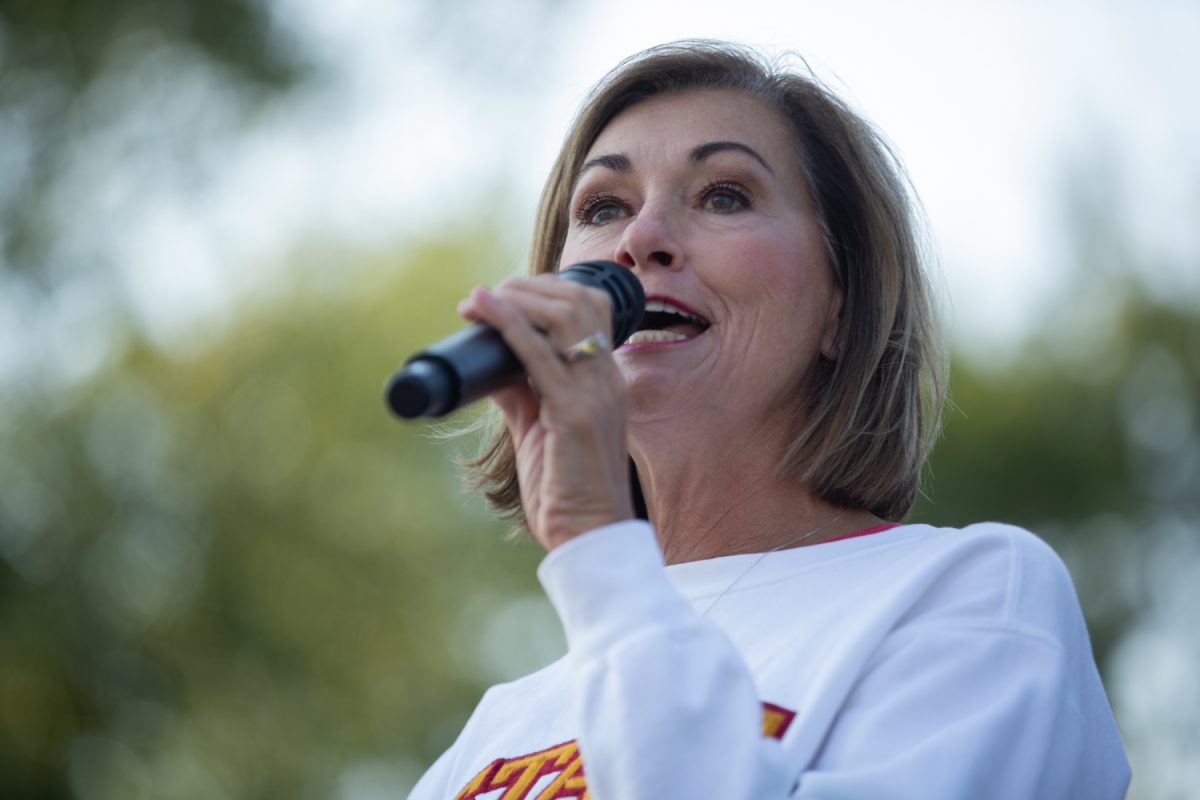The revolution is upon us.
Republican congressman Ron Paul, you see, announced the formation of a presidential exploratory committee in Des Moines earlier this week.
This is a different kind of revolution, to be sure. A revolution, supporters would say, of constitutionally limited government and personal liberty. And Paul is the man to bring it about.
Both cases are illuminating, as they point to one of the pernicious pathologies that hampers our body politic: the conceptualization of presidential campaigns as equivalent to social movements or revolutions and the attendant exaltation of political leaders.
The devotion takes different forms for Paul and Obama (at least circa 2007 or 2008). Paul’s supporters back him more for his ideological proclivities than, say, his captivating oratory skills.
(He’s a septuagenarian doctor who speaks haltingly about debt and the value of the dollar, so it’s not exactly surprising.)
The second, more insidious type of following is a kind of democratic cult of personality, as exemplified by Obama’s 2008 campaign. Obama, relying on expert marketing and prodigious political gifts, built an enormous fan base. He released detailed policy proposals, to be sure. But many of his most effusive supporters backed not because of his health-care plan but because of his almost ethereal quality.
Two of the most important recent changes in presidential politics accelerated a shift toward a more candidate-centric politics: the increased import of primaries and the infusion of television into the political arena.
The first decreased the power of parties and, as a result, enhanced the power of individual candidates. No more backroom deals by party bigwigs — selecting the party’s presidential nominee was now the province of the rank and file. While this was a boon for intra-party democracy, the personalization of campaigns also led to more affective appeals (to the detriment of issue-based appeals).
The second change, the increasing use of television in political campaigns, paralleled and bolstered the personalization trend. Television is an visual, emotion-based medium and is thus more congenial to candidate-centric advertisements.
The problem is, personalistic politics à la Paul and Obama only increases the likelihood of unthinking devotion to individual candidates.
And politics isn’t about politicians.
It’s about ordinary citizens. It’s about making decisions about the problems that affect us collectively. It’s about ideas and values, ideologies and normative calculations.
Democratic politics is the enfranchisement of both the unlettered and erudite; political equality ensures that citizens of all ethnicities and socioeconomic levels will have a say in the process.
The candidate-centric politics of Paul and Obama are inimical to this emancipatory vision of democracy.
So how should we think about our politicians, if we wish to dispense with the current paradigm?
"It is a firm respect for oneself displayed as a sort of briny irreverence toward officials. Democratic irreverence does not ordinarily imply rebellion or even disrespect; its eye-level gaze implies only that the citizen sees the official for what he is; i.e., just another person performing a socially assigned task with more or less competence and ability."
In many ways, democratic citizens should treat elected officials the way journalists should treat them: with propriety and comity, but not undue deference or unquestioning reverence. Couple that with confidence in one’s deliberative acumen, and you have a thoughtful, democratic citizen.
The adoption of this approach could engender an ideology and idea-centric politics — especially in the often hyper-personalistic presidential election.
A politician’s ability to adeptly articulate an idea shouldn’t make the idea itself secondary. The idea should remain supreme, not the politician delivering the message.
Now that would be revolutionary.






